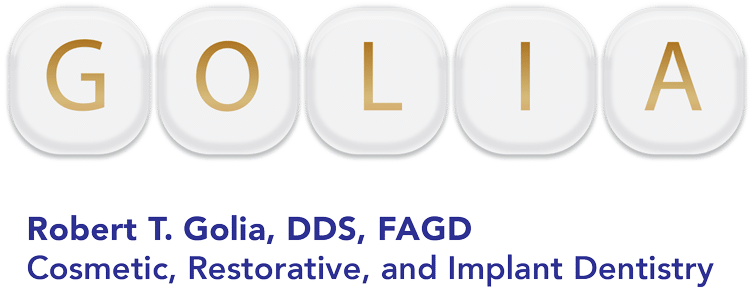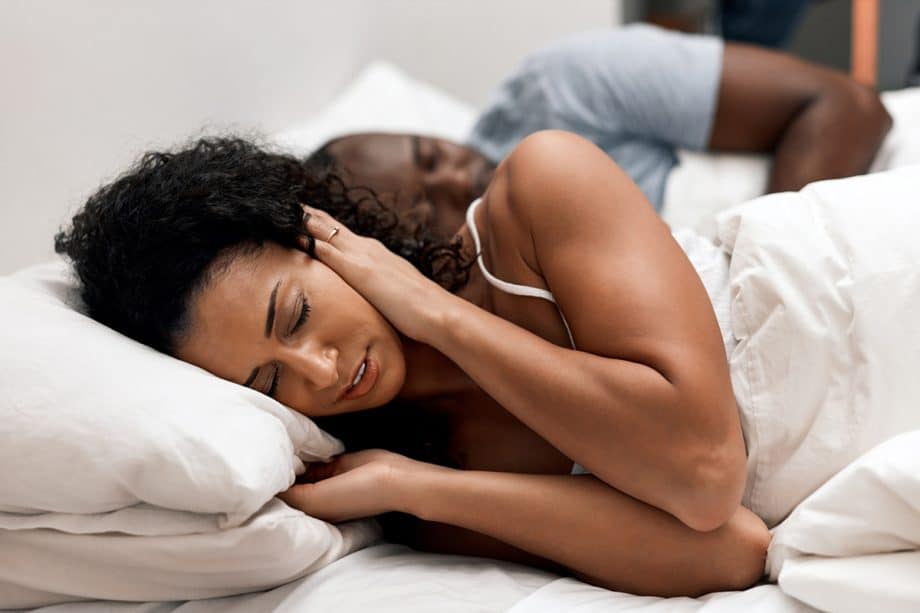If you’ve ever woke up gasping for air or felt extremely fatigued after a night’s sleep, then it’s possible you have a disorder known as sleep apnea.
Aside from these symptoms, how can you tell if you have sleep apnea?
Let’s discuss what it really is, the signs and symptoms, and how your local dentist can help with sleep apnea treatment.
What is Sleep Apnea
Many people think sleep apnea is simply loud snoring, and while that is a symptom, there are several patients with sleep apnea who don’t snore at all.
Sleep apnea is a condition when a person experiences shallow breathing or stops breathing for a period of time while sleeping. Sometimes, these sleep disruptions are followed by loud snoring. There are three types of categories in which this disorder is classified:
- OSA – Obstructive sleep apnea is the most common type of sleep apnea that occurs when the throat muscles relax and block airways.
- CSA – Central sleep apnea is rare and often connected with a history of neurological conditions, heart attacks, and strokes. However, CSA can occur in healthy people as well. It’s when the signals from the brain are disrupted and don’t reach the muscles that help you breathe.
- Complex Sleep Apnea – This is a mixed combination of OSA and CSA.
Any person can have sleep apnea; however, risk factors such as age, family history, and hormonal imbalances put certain individuals at higher risk.
Signs of Sleep Apnea
Individuals with sleep apnea may not know they have the disorder unless someone tells them. This is because most signs and symptoms only happen while sleeping. However, there are indications you may experience during waking hours that point to a problem.
For example, if you wake up during the night choking or gasping for air, or if you wake up with a headache or dry mouth, it’s possible you’re experiencing sleep apnea. If you feel excessively fatigued or sleepy during the day or have regularly poor sleep quality, those are also signs of a problem.
You can also pay close attention to your teeth for signs and symptoms. Teeth grinding, which often leads to receding gums, damaged teeth, and cavities, is a leading oral indicator of sleep apnea. During routine exams, dentists also look for redness in the throat, a tongue with scalloped edges, and small jaws, as these are all signs of sleep apnea.
How a Dentist Can Help with Sleep Apnea
When left untreated, sleep apnea can cause long-term health issues. It’s also associated with problems like heart disease, diabetes, high blood pressure, and obesity. The earlier you can get a diagnosis, the better chances you have of resolving sleep problems, as well as other health and dental issues.
Working together, physicians and dentists can find an accurate treatment plan unique to your situation. Physicians will often prescribe PAP machines where patients wear a special mask that promotes airflow. If the condition is caused by inflammation, surgery may also be a recommendation.
A dentist will recommend a simple, removable oral appliance similar to bite guards. This will help with teeth grinding because the device holds the tongue and jaw in place so that it’s not obstructing your airway.
The professionals at Golia Dental tailor services to your individual dental health. With extensive experience in helping patients find sleep apnea relief, our team helps patients find the right oral device that is fit for them.
Schedule an appointment to learn more about how our team can help with sleep apnea, or call 203-248-7400.

